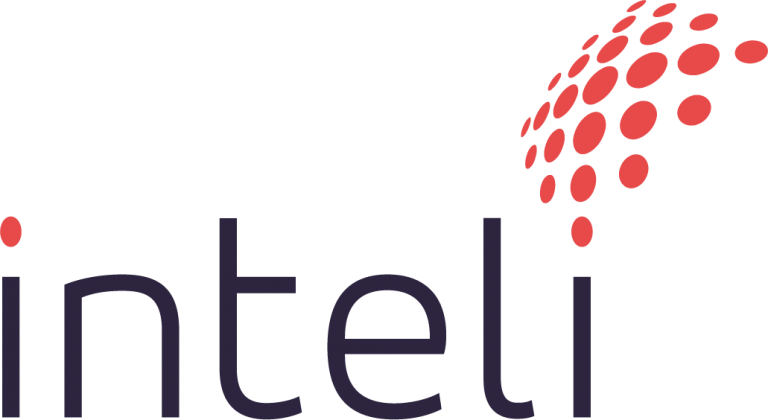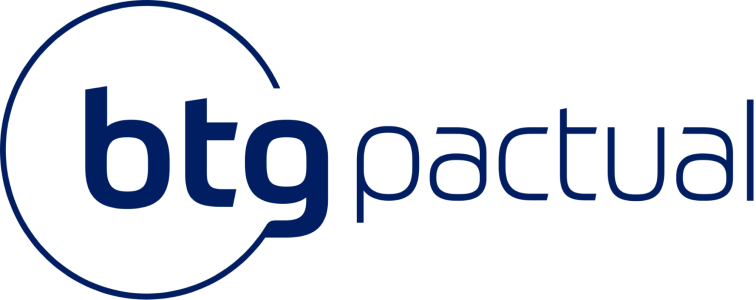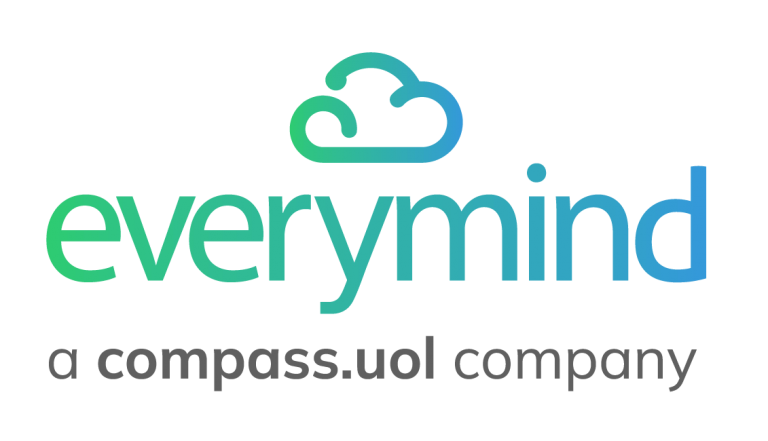Prototypes delivered
Our Call for Projects is the way we let the market know which projects are available for the next semester. During this period we receive applications for initiatives from companies, NGOs and government institutions with their business challenges.
Contributing to society is a fundamental pillar of our model. That's why we make available the prototypes developed by our students over the years.
Our project-based learning model develops computer skills, business skills and socio-emotional skills through solutions to real market problems.
We hope that other companies, non-governmental organizations (NGOs) or government entities will find here a comprehensive repository of innovative and alternative solutions to meet their challenges.
The prototypes can be freely downloaded, customized and adapted to suit different types of solutions, and we firmly believe that these prototypes have the potential to be widely used throughout the technology community, promoting collaboration and innovation on a large scale.
Project
Company
Course
Digital gaming
Company:
Dell Technologies.
Problem:
Dell Digital Global is undergoing a transformation of its current software development model with a focus on the Product Model (and no longer projects as in the past) transitioning the company's business model to a new one with a focus on products.
Objective:
The Product Model RPG: A game (functional or prototyped) in the RPG (Role-Playing Game) model that can help train IT department employees in routine Product Model situations. This will help our employees prepare to carry out their work activities in an interactive, fun, practical and easily scalable way.
Public:
Dell employees.
Digital gaming
Company:
USP - Medicine.
Problem:
Lack of awareness of how our daily habits can determine our well-being.
Objective:
Health promotion through a game, disseminating in a fun way how habits impact on health and can help prevent various types of cancer.
Public:
Students and young people in general.
Digital gaming
Company:
Inteli.
Problem:
A number of technology courses have similar characteristics but produce different professional profiles. The lack of clarity about the similarities and differences causes many doubts when choosing the right course.
Objective:
Through a game, generate an understanding of technology courses and their possible careers, leading to an assertive choice according to each profile.
Public:
Students in general.
Digital gaming
Company:
Constitution at School.
Problem:
Lack of knowledge about law and politics among our population, especially public school students.
Objective:
The game aims to encourage young people and adults to understand Brazil's political and legal structure in a simple and fun way.
Public:
Students in general.
Digital gaming
Company:
BTG Pactual.
Problem:
The subject of Financial Education, although important, is not widely disseminated among young people in Brazil.
Objective:
Create a gamification on financial education to facilitate and increase the engagement of young people with this topic.
Public:
Young people between the ages of 16 and 21 who are going through periods of change in terms of their financial health, often moving to another city or having to deal with the costs of adult life.
Digital gaming
Company:
Ambev.
Problem:
Low engagement in traditional training on Diversity and Inclusion.
Objective:
Turn company materials into a Game to increase training engagement and retention.
Public:
30,000 Ambev employees.
Agile software production treadmill
Company:
Cogny.
Problem:
Optimization of the DevOps process.
Objective:
Structuring the continuous delivery flow through Github Actions with multiple systems (client application, data synchronization middleware and backend).
Public:
Technology team.
Agile software production treadmill
Company:
Everymind.
Problem:
Improve the flow and efficiency of the technology team.
Objective:
Building a solution to automate the deployment processes of developments on the Salesforce platform.
Public:
Internal technology team.












